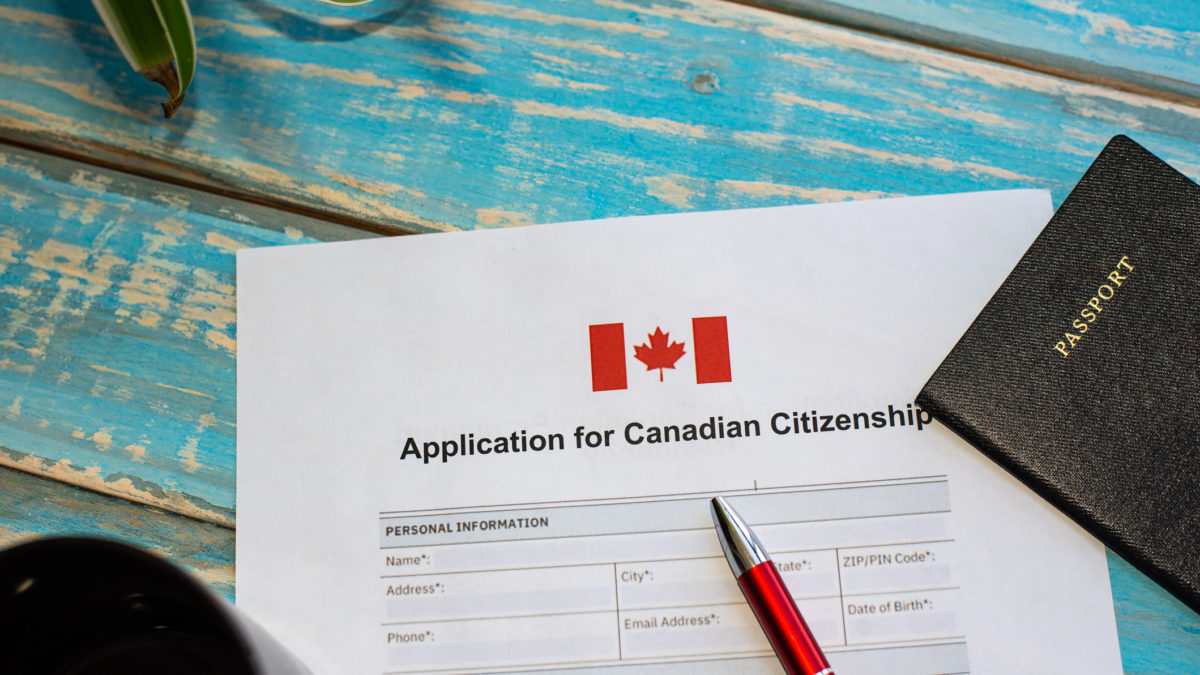Canadian citizenship is a coveted status that opens doors to a myriad of opportunities and benefits, from participating in the country's democratic processes to enjoying the freedom to travel without visa restrictions. However, not everyone is automatically eligible to become a Canadian citizen. In this article, we will explore the criteria and conditions that determine who can apply for Canadian citizenship.
Permanent Residents: The Foundation for Citizenship
The primary pathway to Canadian citizenship begins with obtaining permanent resident (PR) status. Permanent residents are individuals who have been granted the right to live and work in Canada indefinitely. To be eligible for Canadian citizenship, one must first become a permanent resident through various immigration programs such as Express Entry, Provincial Nominee Programs (PNPs), or family sponsorship.
Residency Requirements: Time Spent in Canada Matters
One of the key eligibility criteria for Canadian citizenship is meeting the residency requirements. Applicants must have physically resided in Canada for at least 1,095 days (three years) out of the last five years before applying. Additionally, they must be physically present in Canada for at least 183 days in each of the four calendar years within the qualifying period.
Income Tax Compliance: Fulfilling Civic Duties
Prospective citizens are also required to demonstrate responsible citizenship by filing income taxes for at least three years within the five-year period preceding their application. This requirement emphasizes the importance of contributing to the Canadian economy and adhering to civic responsibilities.
Language Proficiency and Knowledge of Canada: Demonstrating Integration
Language proficiency in English or French is a crucial aspect of Canadian citizenship eligibility. Applicants between the ages of 18 and 54 are required to submit proof of language proficiency through recognized language tests. Additionally, individuals must demonstrate knowledge of Canada, including its history, values, institutions, symbols, and the rights and responsibilities of citizenship, by passing a citizenship test.
Special Considerations: Refugees, Minors, and Lost Canadians
Special provisions exist for certain groups of individuals. Refugees and asylum seekers may be eligible for citizenship, recognizing the exceptional circumstances they often face. Minors can be included in their parent's application, and additional requirements apply to them. The concept of "Lost Canadians" refers to individuals who may have lost their citizenship due to outdated legislation; steps have been taken to address their situation.
Conclusion:
Becoming a Canadian citizen is a significant milestone that involves a thorough understanding of eligibility criteria and adherence to specific conditions. Whether you are a permanent resident, a refugee, or a minor, navigating the path to Canadian citizenship requires careful consideration of the requirements outlined by immigration authorities. By meeting these criteria, individuals can enjoy the privileges and responsibilities that come with being a proud Canadian citizen.





Comments